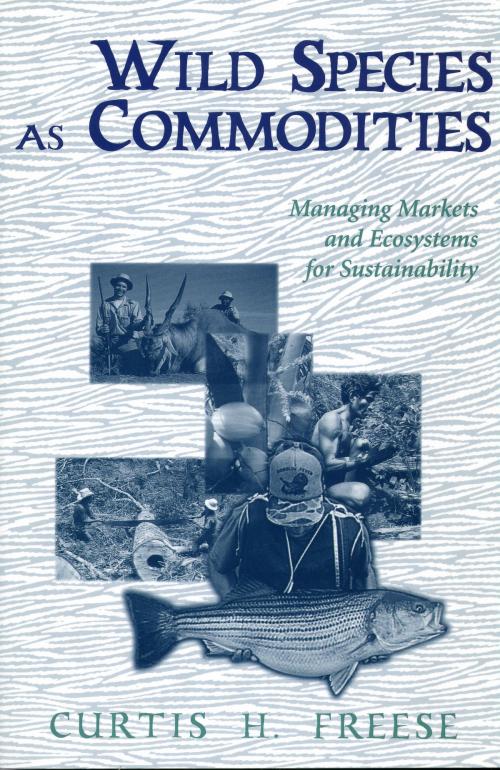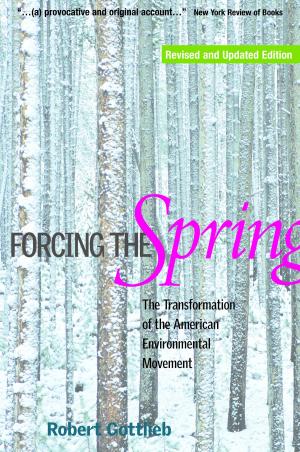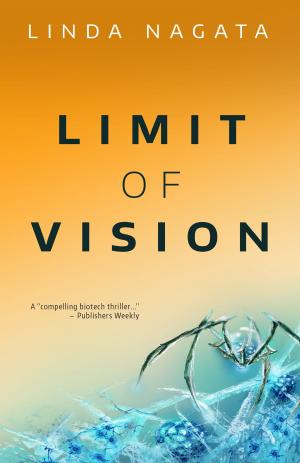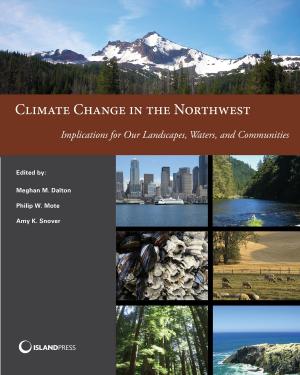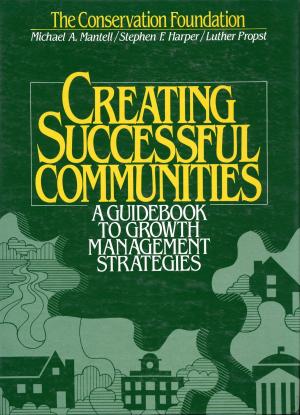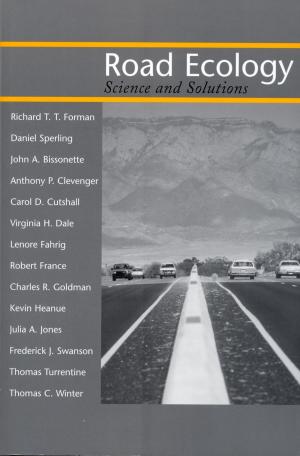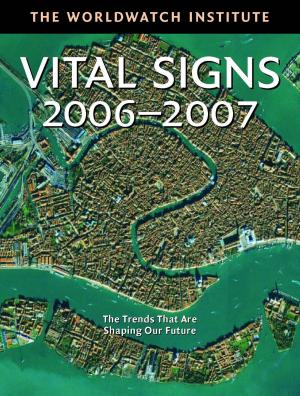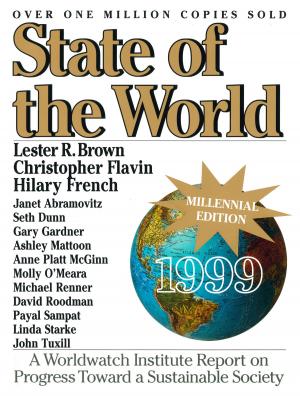Wild Species as Commodities
Managing Markets And Ecosystems For Sustainability
Nonfiction, Science & Nature, Science, Biological Sciences, Ecology, Business & Finance, Economics, Sustainable Development| Author: | Curtis Freese | ISBN: | 9781610913690 |
| Publisher: | Island Press | Publication: | June 22, 2012 |
| Imprint: | Island Press | Language: | English |
| Author: | Curtis Freese |
| ISBN: | 9781610913690 |
| Publisher: | Island Press |
| Publication: | June 22, 2012 |
| Imprint: | Island Press |
| Language: | English |
In recyears, some policymakers and conservationists have argued that natural resources will be protected only if economic benefits accrue to those who are responsible for caring for the resources. Such commercial consumptive use of wild species (CCU) provides an economically viable alternative to more ecologically destructive land uses, and could help accomplish the overall goals of biodiversity conservation.Yet many questions remain: Will the harvest of wild species be sustainable? Will habitats be protected? What tradeoffs are implied for the populations and ecosystems under management? While this debate goes on, researchers and managers are confronting an array of real-world problems in managing harvested populations of wild species. Wild Species as Commodities presents a balanced, scientifically rigorous consideration of the link between CCU and biodiversity conservation. The outgrowth of a four-year World Wildlife Fund study, the book is both a synthesis of findings and a practical guide. Topics examined include:forestry, fisheries, sport hunting, and nontimber forest products the economics of wild species use social and institutional frameworks required for sustainability ecological impacts biodiversity consequences of ecosystem specialization conservation benefits of wild species use managemprinciples and guideline.Wild Species as Commodities provides a primer on the CCU-biodiversity link, and an interdisciplinary analysis of the major economic, social, and ecological factors involved, along with guidelines for incorporating biodiversity conservation into commercial harvesting programs. It is a highly accessible source of information, concepts, and managemapproaches for professionals in resource managemand wildlife conservation, and academics in conservation biology, environmental and ecological economics, and environmental studies.
In recyears, some policymakers and conservationists have argued that natural resources will be protected only if economic benefits accrue to those who are responsible for caring for the resources. Such commercial consumptive use of wild species (CCU) provides an economically viable alternative to more ecologically destructive land uses, and could help accomplish the overall goals of biodiversity conservation.Yet many questions remain: Will the harvest of wild species be sustainable? Will habitats be protected? What tradeoffs are implied for the populations and ecosystems under management? While this debate goes on, researchers and managers are confronting an array of real-world problems in managing harvested populations of wild species. Wild Species as Commodities presents a balanced, scientifically rigorous consideration of the link between CCU and biodiversity conservation. The outgrowth of a four-year World Wildlife Fund study, the book is both a synthesis of findings and a practical guide. Topics examined include:forestry, fisheries, sport hunting, and nontimber forest products the economics of wild species use social and institutional frameworks required for sustainability ecological impacts biodiversity consequences of ecosystem specialization conservation benefits of wild species use managemprinciples and guideline.Wild Species as Commodities provides a primer on the CCU-biodiversity link, and an interdisciplinary analysis of the major economic, social, and ecological factors involved, along with guidelines for incorporating biodiversity conservation into commercial harvesting programs. It is a highly accessible source of information, concepts, and managemapproaches for professionals in resource managemand wildlife conservation, and academics in conservation biology, environmental and ecological economics, and environmental studies.
